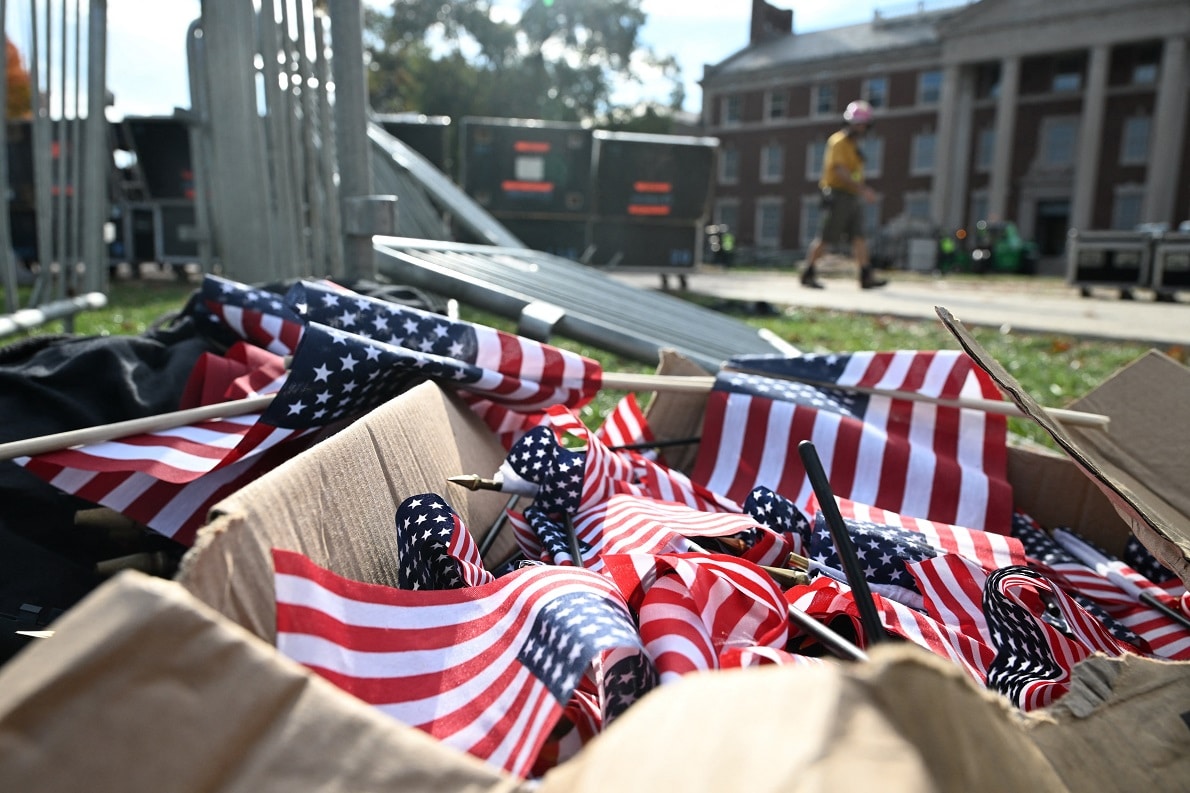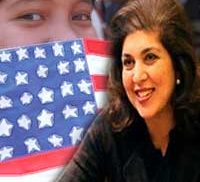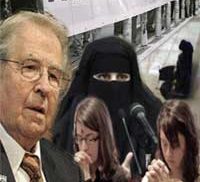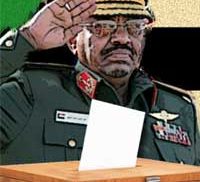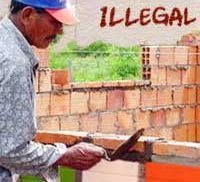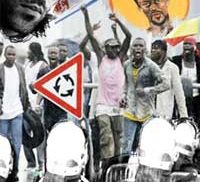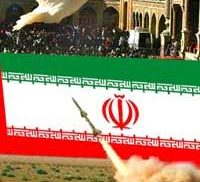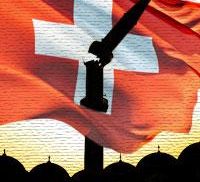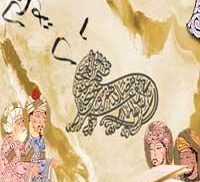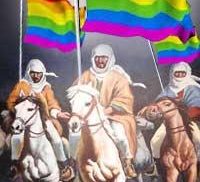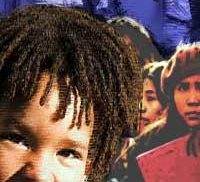Trump’s reelection personified a profound sense of disempowerment and disenfranchisement among many Americans. The constitutional patriotism that once anchored the nation’s cultural fabric is eroding, leaving citizens feeling that the boundaries of belonging no longer provide the support or cohesion they need. This void has been filled by inflammatory rhetoric and the scapegoating of migrants and minorities, reducing public discourse to a cacophony of accusations. What steps can the Left take to address these demands directly? Is there a path for populism to find a home on the Left, or has the idea of solidarity been irrevocably claimed by an ethnonationalist movement?
Dossiers
- «What Secretary Clinton has asked me to do is to develop more partnerships around the world with Muslim communities, based on mutual interest and mutual respect» says Farah Pandith, Special Representative to Muslim Communities for the United States Department of State. «We need to use the might of the U.S. government as the convenor and the facilitator and the intellectual partner with people on the ground who have ideas, from civil society, foundations and students and faithful leaders.»
- «As I see it, faith is faced with two basic temptations or derailments: the “privatization” of faith and the “politicization” of faith. In both cases, it is clear that religious faith cannot serve as the “salt of the earth”.” This is the opinion expressed by Fred Dallmayr, Packey J. Dee Professor of Political Theory at the University of Notre Dame, for whom ResetDoc organised a series of events in March in the most important Italian cities, on the occasion of the publication of his most recent book, Il dialogo tra le culture (I libri di Reset, Marsilio).
- In April, after years of massacres and violence, Sudan is to hold its first multi-party elections since 1986. It is unlikely that the elections will result in change. First it will be necessary to verify what degree of legitimacy will be permitted by President Al Bashir, charged by the International Penal Court with atrocities committed in Darfur. And yet, also in view of the January 2011 referendum on independence for Southern Sudan, this could be the first step towards change. In the meantime, the USA, Europe and the African Union are following events with interest.
- An immigrant arriving with peaceful intentions has the right to enter another country, however, Yale philosopher Seyla Benhabib wonders in this video-interview with Resetdoc, what restrictions are there to his right to citizenship? As explained by scholars Olivier Roy and Renzo Guolo, this is a controversial subject that clashes with the mood of public opinion, with racism and the problems that exist in really understanding the religion and customs of those asking to become part of our communities.
- Guerrilla warfare broke out at the beginning of January in Rosarno, in the province of Reggio Calabria, between part of the local population and illegal African immigrants. There were clashes in which shots were also fired. And yet those immigrants were the only ones in the town who revolted against the ‘ndrangheta. Roberto Saviano, the author of ‘Gomorra’ wrote “Immigrants do not only come to Italy to take the jobs Italians no longer want, but also to defend rights that Italians no longer wish to defend.” Are we sure we want to get rid of them?
- The regime in Teheran continues to repress dissent and goads the international community on the subject of nuclear power. What can the West do? How can the West help the ‘Green Wave’? In a video-interview with Resetdoc, philosopher Ramin Jahanbegloo emphasises how this movement manages to unite Islam and human rights. Are new sanctions necessary as suggested by The Economist?
- «The Swiss referendum has revealed that Islam’s visibility is distressing in the eyes of Europeans – writes Nilüfer Göle, Director of the Ecole des Hautes Etudes en Sciences Sociales in Paris – The concept of acknowledging Islam and Muslims as a phenomenon endogenous to Swiss society has been rejected.» On November 29th a majority of Swiss citizens approved a constitutional banning the construction of new minarets in their country. It was a shocking vote in a country where Muslims are a well integrated minority. How could this have happened? Is this a warning for all of Europe?
- We Westerners still see the Arab world as a monolithic block, and as such we see its contemporary literary production, which seems as one, simply because it is all written in the same language. There are instead 22 countries in the Arab League and each has its own history, explains Isabella Camera D’Afflitto. In the Arabian Peninsula (from Saudi Arabia to the Emirates and including Yemen), for example, a new generation of novelists has emerged in recent years, daring to address burning issues, speaking of slavery, taboos, traditions and superstitions, social disruption, individual responsibilities and relationships between men and women.
- In spite of the fact that according to President Ahmadinejad «this phenomenon» does not exist in Iran, homosexuals are a reality throughout the Arab-Islamic world. Theirs is not an easy life, although, as the Lebanese movement Helem proves, they are beginning to speak out. Is their discrimination “written” in the Koran or explained by the same conservative culture we also see in the West? Opposing opinions concerning the spread of the homosexual movement in the Arab world are expressed by activist Hossein Alizadeh and by Professor Joseph Massad.
- In times of economic crisis, when European nations close their borders, expelling legal and illegal immigrants, the philosopher Carlos Thiebaut believes that to speak of tolerance and acceptance may seem bitterly ironic. And yet, it is all the more necessary. We discuss this with Mario Tronco, who with his Orchestra di Piazza Vittorio uplifts the name of one country, Italy, which does not stand out for its respect for immigrants and those who are different.


